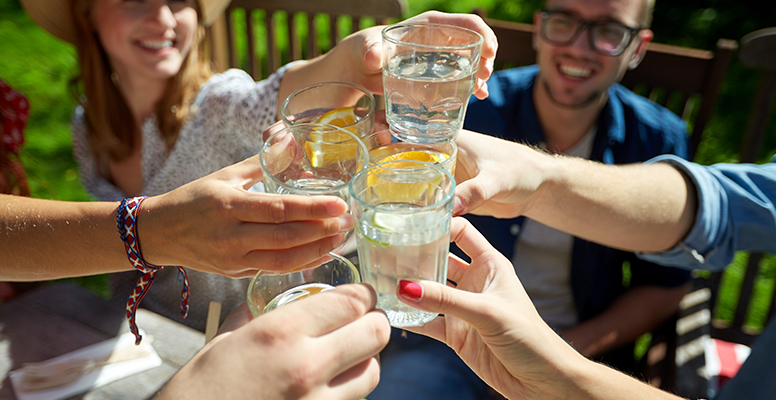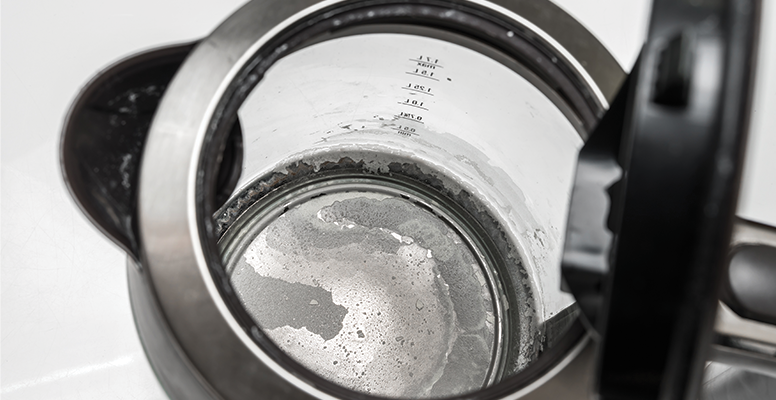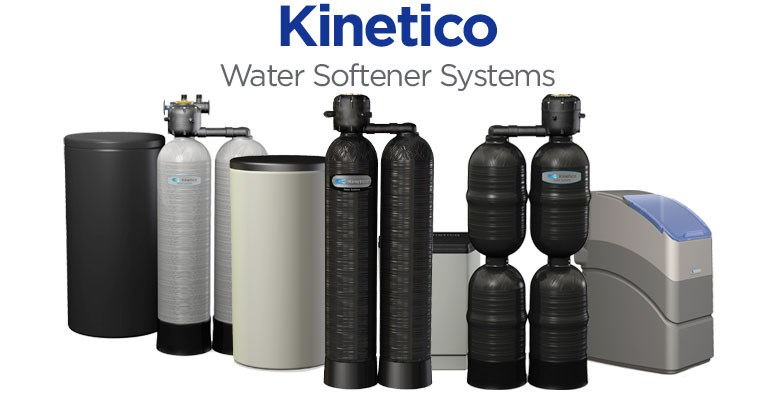What Are the Effects of Hard Water on Glassware?
Learn what causes water spots on your glassware, how to remove them, and how to prevent them from happening again
![]()

Hard water is simply water that contains higher levels of dissolved minerals, most often calcium and magnesium. The more minerals present, the harder the water.
While hard water is common in private wells, it also affects many city water supplies. Municipal treatment plants may reduce hardness but typically don’t remove it completely, meaning your household water could still contain enough minerals to cause problems. If you’re on city water, you can review your community’s water quality report for hardness levels. Well owners, on the other hand, are responsible for testing their own water. For a simple, accurate way to learn how hard your water is, you can schedule a free water test with your local Kinetico dealer.
Hard water can create a variety of frustrating issues at home, such as:
- Dry or itchy skin
- Difficult-to-manage hair
- Shorter lifespan for water-using appliances like dishwashers and water heaters
- Dull, faded laundry
- Soap scum buildup in bathrooms and kitchens
Another clear indicator of hard water is spotting on glassware. Do you find yourself polishing glasses after they come out of the dishwasher, or wiping down wine glasses before guests arrive? Those stubborn marks are usually hard water spots.
Here’s why they happen: when hard water evaporates, the dissolved minerals it was carrying - especially calcium- don’t evaporate with it. Instead, they remain behind as chalky, whitish spots or streaks. You’ll often notice them not only on drinking glasses but also on shower doors, bathroom fixtures, dishes, and even on your car after washing it.
These spots may be harmless, but they’re frustrating, unattractive, and time-consuming to clean. The good news is that with the right water treatment, like a Kinetico water softener, you can dramatically reduce or eliminate mineral buildup and keep your home looking and feeling its best.

Curious To See How Hard
The Water In Your Home Is?
Contact A Kinetico Water Expert Today
Fill out your information below and we’ll have one of our authorized, independent Kinetico dealers contact you to schedule your free in-home water test.
How to Remove Hard Water Spots from Glass
There are plenty of home remedies to remove water spots from your glassware, mirrors, or windows. One of the most common ways to remove hard water spots is to use vinegar. Vinegar makes a great cleaner for glass and can help remove hard water spots without streaking. Simply spray the surface with vinegar or a vinegar-water combination, and wipe with a cloth.
There are plenty of other products you can buy to help clean up water spots left by hard water. Simply check out the cleaning section in any store.

How To Avoid Hard Water Spots
Instead of reacting to water spots, stop them from happening in the first place. When you remove hardness minerals from water, you prevent hard water mineral deposits from appearing on glass and other surfaces. A water softening system is the best option for treating hard water. Using a process called ion exchange, water softeners replace the hardness ions in water (calcium and magnesium) with softer sodium ions. Soft water is easier on your fixtures, water-using appliances, clothes and glassware. In fact, it is better for all things that come in contact with water in your home – even you.
Kinetico offers a variety of water softener options to give you the best water quality possible.
Find out your water’s hardness and discuss the water treatment solutions that will work best for you. Contact your local Kinetico dealer today.
Contact An Authorized Kinetico Dealer For A Free Water Test
